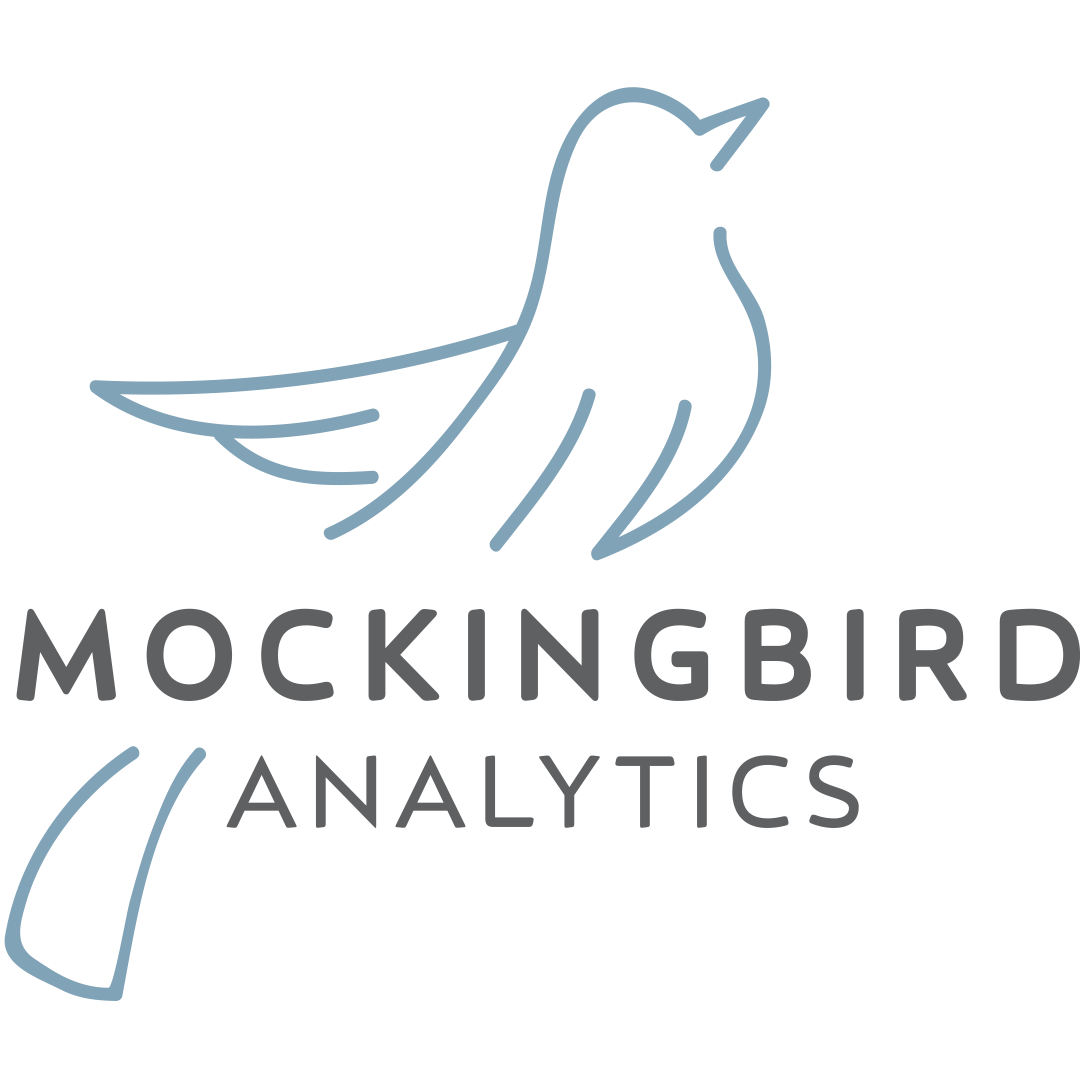Building Relationships
I got into grant writing 11 years ago, under the guise of “I love writing and I love helping people! This is perfect!” I’m also quite the introvert and so writing as a primary form of communicating naturally appeals to me. Talking to people and schmoozing isn’t where I typically shine, so I generally leave that up to the development officers, board members, and executive directors.
But it didn’t take very long for me to realize that there is much more to fundraising than writing pretty letters and waiting for the check to come.
Building relationships with current and potential funders is necessary in every aspect of fundraising, even grant writing. And most funders won’t post that plainly on their website when they are giving you every guideline on Earth on how to apply, what deadlines to heed, etc . Funders expect to be wooed in a way. Some like to be wined and dined, some like awards and naming ceremonies, and others like periodic love letters telling them how thankful you are.
If you’re a literal personality type, like me, that may seem a bit foreign to you. If they wanted to be wined and dined, why even bother writing a grant? Why not just make the donor a planned gift donor or a major gift donor? Why the need for the pretense of a grant proposal?
Unfortunately, I don’t have the answers to those questions. But what I can tell you is that building relationships with donor is key. In fact, the reasons that foundations may not be giving to your agency may be because they simply don’t know you. (This actually reminds me of when you might be looking for an entry-level job and every job you see insists on hiring candidates with experience. But how do you get experience, when no one will hire you to get that experience in the first place?) And so the first time they are introduced to you, you are asking them for money. In a way, that kind of makes sense, right?
If I walk up to you, introduce myself and then immediately launch into my cause and ask for money, how likely are you to just write a check for me, right then and there? Even the best, most convincing argument may be a hard sell to a complete stranger. And since foundations are run by real, live people who are strangers to us (and we to them), this situation is very real to them. So how do you, as a grant writer, overcome this?
Many grant funding foundations have websites they use to disseminate information, including how to contact them. Now, again, they might not plainly say “Hey we need to have a conversation before you apply” (though some will) but they will give you a name, title and number of someone to contact at the foundation. Before applying to any foundation, it is always a good idea to call and speak with someone. Typically, this person might be a program officer, a trustee or even an executive director of the foundation. Don’t be intimidated by a big, fancy title like executive director. Their job is to learn about agencies that need funding and you are helping them make the best decision about which agencies could use their funding the most (which, of course, is your agency!). Be sure you have done your research on their foundation.
You’re calling to build a relationship and gather more information. Since they are there to help you, feel free to ask about their giving priorities and patterns, and how you can make your application most attractive to their governing board members. Don’t be afraid to have a few conversations with program officers and even invite them out for site visits.
Once you have received the grant, it is important to keep in contact with the funder. They don’t just want to hear from you when a report is due or when you want more money. Feel free to send funders your agency newsletters/annual reports, articles from newspapers with special mentions, and inviting them to agency events. Believe it or not, these small things matter to funders and can increase the likelihood of repeat funding. They remember thankful agencies as well as agencies that just take the money and run.
When you are approaching the end of a grant, it’s advisable to contact your funder and, just as you would with a friend, inquire about applying for future funding. Just because they funded you before, doesn’t mean they will again. They are under no obligation to fund your agency on a regular basis and you don’t want to assume otherwise.
The good news is that building relationships isn’t as daunting as it first seems. After all, we’ve built relationships our entire lives. Seeing foundations as people instead of as a bank can go a long way in developing and maintaining relationships with funders and increase your likelihood of getting that perfect grant proposal funded.










Do you have all of the documents and information funders are asking for? And if you do, when was the last time they were updated? Here are 5 strategies to build a grants-ready nonprofit so you can avoid unnecessary stress and exhaustion and always be ready to apply for grants, even if your nonprofit is busy or if the deadline is short.